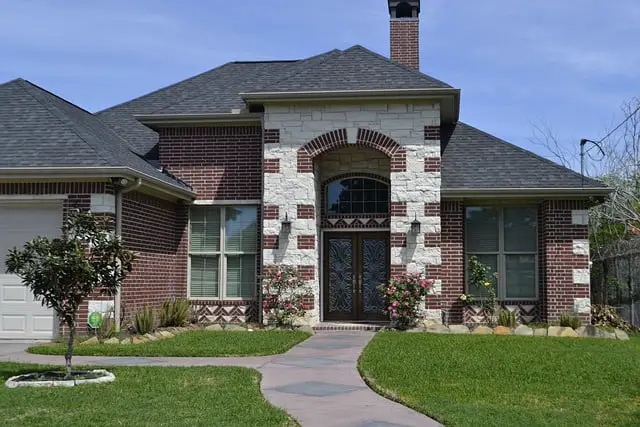
The Role of Property Management in Real Estate Development
Real estate development is a complex process that involves a lot of moving parts. One of the most important aspects of real estate development is property management. Property management is the process of overseeing and maintaining a property on behalf of the owner. In this article, we will explore the role of property management in real estate development and how it can impact the success of a project.
What is Property Management?
Property management is the process of managing a property on behalf of the owner. This includes everything from finding tenants to collecting rent to maintaining the property. Property managers are responsible for ensuring that the property is in good condition and that tenants are happy and satisfied with their living arrangements.
Property management is an essential part of real estate development because it helps to ensure that the property is well-maintained and that tenants are happy. This can lead to higher occupancy rates, lower turnover rates, and ultimately, higher profits for the owner.
The Benefits of Property Management in Real Estate Development
There are many benefits to having a property manager involved in the real estate development process. Some of these benefits include:
- Increased Occupancy Rates: Property managers are responsible for finding and screening tenants. They can help to ensure that the property is always occupied, which can lead to higher profits for the owner.
- Lower Turnover Rates: Property managers can help to ensure that tenants are happy and satisfied with their living arrangements. This can lead to lower turnover rates, which can save the owner money in the long run.
- Reduced Maintenance Costs: Property managers are responsible for maintaining the property. They can help to identify and address maintenance issues before they become major problems, which can save the owner money on repairs.
- Increased Profits: By ensuring that the property is well-maintained and that tenants are happy, property managers can help to increase profits for the owner.
How Property Management Impacts Real Estate Development
Property management can have a significant impact on the success of a real estate development project. Here are some ways that property management can impact real estate development:
- Marketing: Property managers are responsible for marketing the property to potential tenants. They can help to create a marketing plan that will attract the right tenants to the property.
- Tenant Screening: Property managers are responsible for screening potential tenants. They can help to ensure that the tenants are a good fit for the property and that they will be able to pay rent on time.
- Maintenance: Property managers are responsible for maintaining the property. They can help to ensure that the property is in good condition and that any maintenance issues are addressed in a timely manner.
- Lease Agreements: Property managers are responsible for creating lease agreements that protect the owner’s interests. They can help to ensure that the lease agreements are fair and that they comply with all applicable laws and regulations.
FAQs
What is the role of a property manager?
The role of a property manager is to oversee and maintain a property on behalf of the owner. This includes everything from finding tenants to collecting rent to maintaining the property.
Why is property management important in real estate development?
Property management is important in real estate development because it helps to ensure that the property is well-maintained and that tenants are happy. This can lead to higher occupancy rates, lower turnover rates, and ultimately, higher profits for the owner.
What are the benefits of property management in real estate development?
The benefits of property management in real estate development include increased occupancy rates, lower turnover rates, reduced maintenance costs, and increased profits.
Conclusion
Property management is an essential part of real estate development. It helps to ensure that the property is well-maintained and that tenants are happy, which can lead to higher occupancy rates, lower turnover rates, and ultimately, higher profits for the owner. By having a property manager involved in the real estate development process, owners can ensure that their properties are successful and profitable.